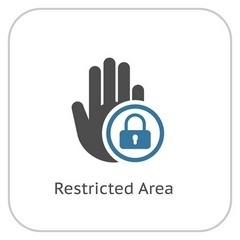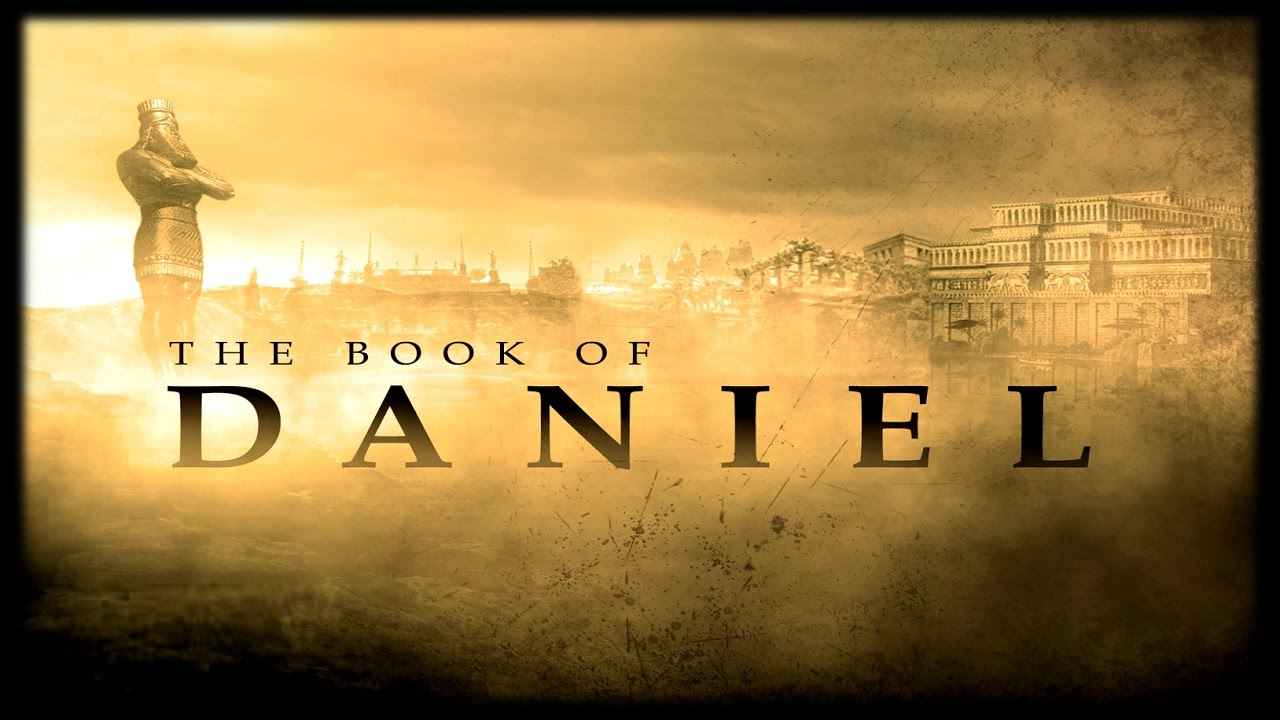Extract
Authorship:
Daniel, whose name means “God is Judge,” is the sole author of the book. A youth at the beginning of the book and an old man at the end, Daniel’s life spans the entire period from the preexilic to the postexilic eras of Judah’s history. No doubt because of the book’s many predictions, the English Bible locates Daniel as the fourth of the Major Prophets. The Hebrew Bible, which is divided in three principal sections (the Law, the Prophets, and the Writings), however, places the book in the Writings section because the criterion for inclusion in the second section was occupation in the prophetic office. Prophets were more than “tellers of the future”; they were principally preachers of God’s Word. Although inspired by the Holy Spirit to record a divine message that included revelations of the future, Daniel was not a prophet by profession. Rather, he was a bureaucrat, who, in the providence of God, was so entrenched in the government system that he kept his job throughout the entire Babylonian Empire and even into the Persian regime. Unlike modern caricatures of bureaucrats, Daniel served his Lord with integrity and virtue as he served the state. Ezekiel, for a while his contemporary in Babylon, linked Daniel with Noah and Job and identified him as a model of righteousness (Ezek. 14:14,20). This should be an encouragement to laymen, as well as ministers, to live godly lives in whatever occupation God has placed them. One does not have to be an ordained minister to be used by God.

Access Denied!Restricted Content
❶ If you wish to join our program of reading through the Bible in one year, you can:
— Sign Up Here
— or Read More Here.
❷ A collection of unrestricted content (content that is free for everyone to use) is Located Here.
❸ Members of our Bible Reading Challenge who wish to see our restricted content should Login Here.





















